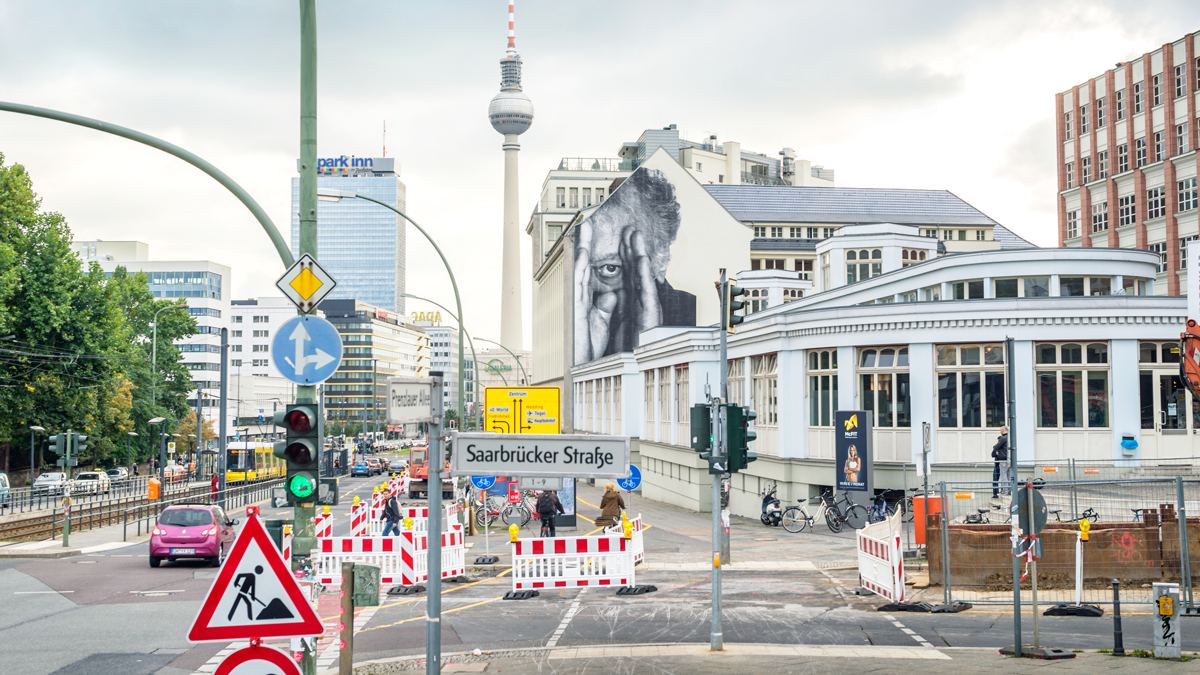Open-source simulation for optimal traffic state estimations in the cities
The Smart Mobility team at Fraunhofer FOKUS has developed new components for Eclipse MOSAIC in order to evaluate different traffic state estimation systems in a simulation. After all, optimal routing through the city is only possible if the current traffic situation is known precisely. This avoids congestion and promotes sustainability.
During the course of a single day, we engage in various activities that require mobility – university, work, gym, shopping. People who don’t want to use bikes or public transportation, use cars. In a major city like Berlin, the number of individual motorized rides per day is roughly estimated at over two million. People want to travel as comfortably as possible and arrive on time. At the same time, mobility should always be planned as sustainably as possible. This is only possible if navigation apps take the current traffic situation into account when routing. In this way, construction sites can be avoided and congestion can be prevented. This saves travel time in the car and thereby supports better air quality for more sustainability in cities.
Compared to the highway, traffic in the city is more diverse and therefore making accurate Traffic State Estimation (TSE) more complex. A central criterion for TSE is the average speed on individual road segments. It makes sense to first evaluate and compare different TSE methods in a simulation. For this purpose, the Smart Mobility team at Fraunhofer FOKUS has now developed open-source components for Eclipse MOSAIC.

The team combined the components with the extensive Berlin Sumo Traffic Scenario in Eclipse MOSAIC to evaluate different metrics for speed estimation. One finding is that urban speed estimates depend on the type of road on which they are measured.
Further information can be found in the paper “Spatio-Temporal Speed Metrics for Traffic State Estimation on Complex Urban Roads”, which will be presented today at the “EAI SIMUtools 2023” conference in Seville/Spain.
Eclipse MOSAIC is a co-simulation environment from Fraunhofer FOKUS that combines various simulators for connected and automated mobility. The new TSE Application Suite and Eclipse MOSAIC were developed in close cooperation with the Daimler Center for Automotive IT Innovations (DCAITI) at the TU Berlin.
In order to further improve the TSE, the Smart Mobility team uses AI-based environmental perception to generate data. The highlight: no special measuring vehicles are required for this, just a smartphone with a special app that records the road situation while driving. This measurement of the “crowd” leads to high data quality and forms the basis for realistic simulations.
Last modified: